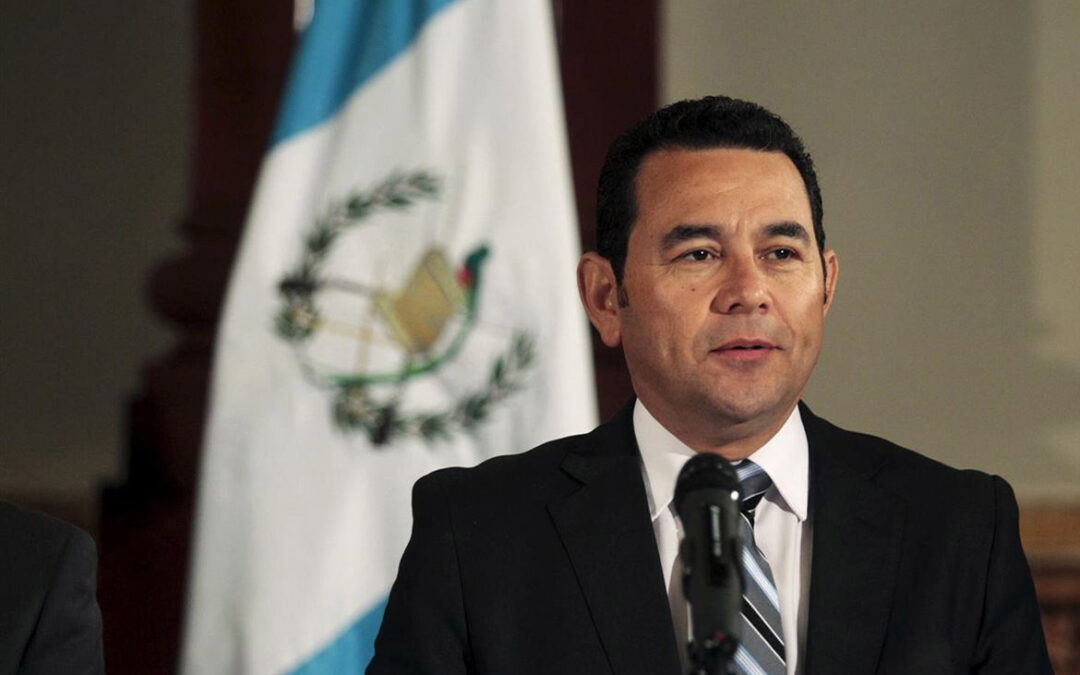
Sep 25, 2017 | News
Guatemala’s Congress should immediately remove obstacles to investigation and accountability of President Jimmy Morales (photo) and other public officials for alleged violations of campaign finance rules and corruption, the ICJ said today.
The ICJ also called on President Morales to cease efforts to impede the effective functioning of the United Nations mandated International Commission against Impunity in Guatemala (CICIG).
“Guatemala’s president and some members of Congress are obstructing justice by abusing their authority to avoid investigations for corruption and block the important work carried out by the Attorney General, with CICIG’s assistance,” said Sam Zarifi, ICJ’s Secretary General, just returned from a visit to the country.
“Guatemala, with CICIG’s assistance, has witnessed important progress in the fight against corruption and impunity in recent years, and Congress should be making sure that this trend continues,” he added.
The Congress voted on September 21 to reject the request by Attorney General Thelma Aldana and Ivan Velasquez, Commissioner of CICIG, to strip President Morales of Constitutional immunity he enjoys as president, in connection to allegations that his political party failed to report more than $800,000 in campaign financing.
But the Congressional vote fell short of the threshold of 105 votes needed to reach the necessary two-thirds of Congress needed to reach a final decision and thus can be reconsidered.
On September 13, Congress voted to revise the country’s criminal code by removing Secretary Generals of political parties from accountability for violations of electoral laws (instead limiting accountability to accountants) and to commute the sentences of those already convicted of a number of serious crimes, including corruption, trafficking of persons, and sexual abuse.
The legislators rescinded the vote after two days of nationwide public demonstrations and a decision of the country’s Constitutional Court to suspend the law’s application.
The Guatemalan Constitutional Court suspended the revisions in response to a writ of amparo and characterized Congress’ revisions to the criminal code as “a threat that, in case of being implemented, could cause irreparable damage to the judicial system”.
“The Constitutional Court’s speedy action avoided a massive blow to the fight for accountability in Guatemala, because if the law had gone into effect for even one hour, it would have provided a legal basis for politicians convicted on corruption charges to demand release or commutation of their sentences,” Zarifi said.
Congress’s actions followed an attempt by President Morales to expel CICIG’s Commissioner Velasquez, as persona non grata and to revise CICIG’s mandate, in an apparent bid to block investigations into his alleged wrongdoing.
“Since CICIG was formed in December 2006 at the request of the Guatemalan government, it has worked closely with the country’s Attorney General to improve accountability, and its impact has been undeniably positive,” Zarifi said.
“This is a model of international support for national accountability mechanisms that should be studied and emulated around the world; its continued operation is therefore of interest not just to Guatemala and the region but to global efforts to combat impunity,” he added.
The ICJ called on the Guatemalan government to comply with its international legal obligations as a State party to the 2004 United Nations Convention Against Corruption and the 1996 Inter-American Convention Against Corruption.
Background
Article 30(2) of the UN Convention Against Corruption calls on State Party to strike “an appropriate balance between any immunities or jurisdictional privileges accorded to its public officials for the performance of their functions and the possibility, when necessary, of effectively investigating, prosecuting and adjudicating offences established in accordance with this Convention.”
Article 30(3) demands States “to ensure that any discretionary legal powers under its domestic law relating to the prosecution of persons for offences established in accordance with this Convention are exercised to maximize the effectiveness of law enforcement measures in respect of those offences and with due regard to the need to deter the commission of such offences.”
Contact:
Sam Zarifi, ICJ Secretary General, t: +41 79 726 44 15 ; e: sam.zarifi@icj.org
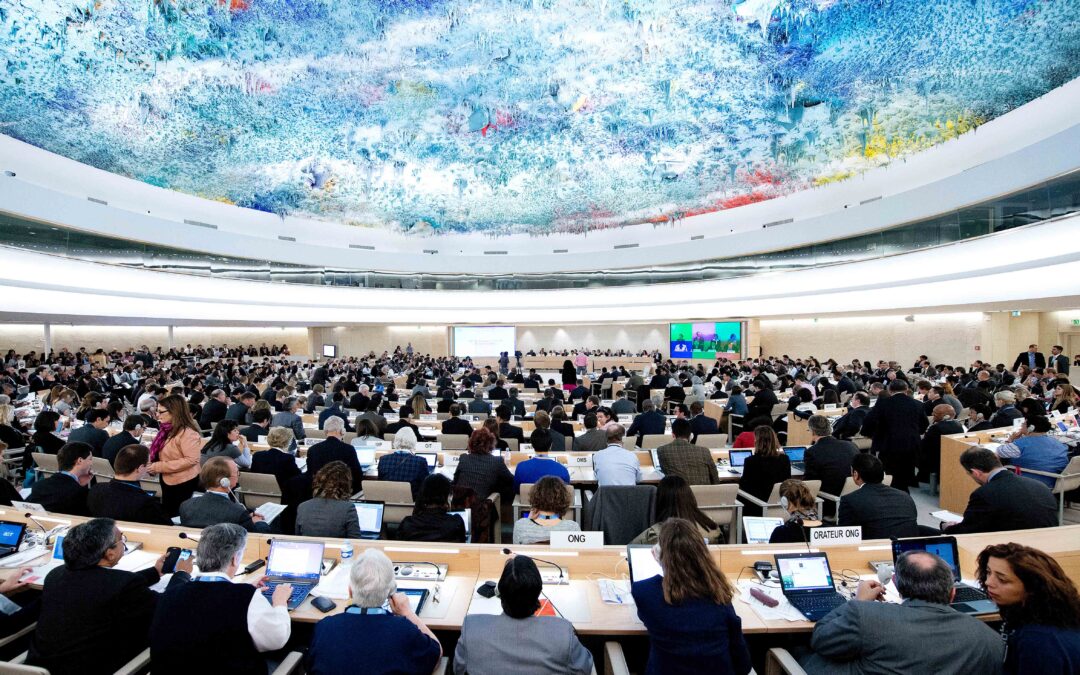
Sep 19, 2017 | Advocacy, Non-legal submissions
In a statement to the UN Human Rights Council today, the ICJ called for the appointment of a Special Rapporteur on the situation for human rights in Venezuela, given the ongoing human rights and rule of law crisis in the country.
The statement, which was delivered during a general debate on country situations of concern, read as follows:
“In Venezuela, extrajudicial and arbitrary executions, torture, arbitrary detention, prosecution of civilians by military tribunals, and persecution and attacks against opponents, dissidents and human rights defenders have become systematic and widespread practices.
Demonstrations and protests are violently suppressed by state security bodies and groups of armed civilians close to the government.
These gross human rights violations remain subject to impunity.
The possibility of exercising fundamental freedoms of expression and assembly, as well as political rights, is non-existent.
Following a series of decisions by the Supreme Court of Justice and the Government, the rule of law has ceased to exist, there is no separation of powers, the legislative branch has been stripped of its constitutional powers and the judiciary has become an instrument of the Executive Branch.
The National Constituent Assembly has usurped functions that do not belong to it, such as legislating and dismissing officials.
The International Commission of Jurists considers that, given the very serious human rights situation and the breakdown of the rule of law, it is imperative that the Human Rights Council appoint a Special Rapporteur on the situation of human rights in Venezuela.”
ICJ reports:
Venezuela: the Supreme Court of Justice has become an arm of an authoritarian executive
Venezuela: rule of law and impunity crisis deepens
Venezuela: dismissal of Attorney General a further blow to the rule of law and accountability
Venezuela: Human rights and Rule of Law in deep crisis
Strengthening the Rule of Law in Venezuela
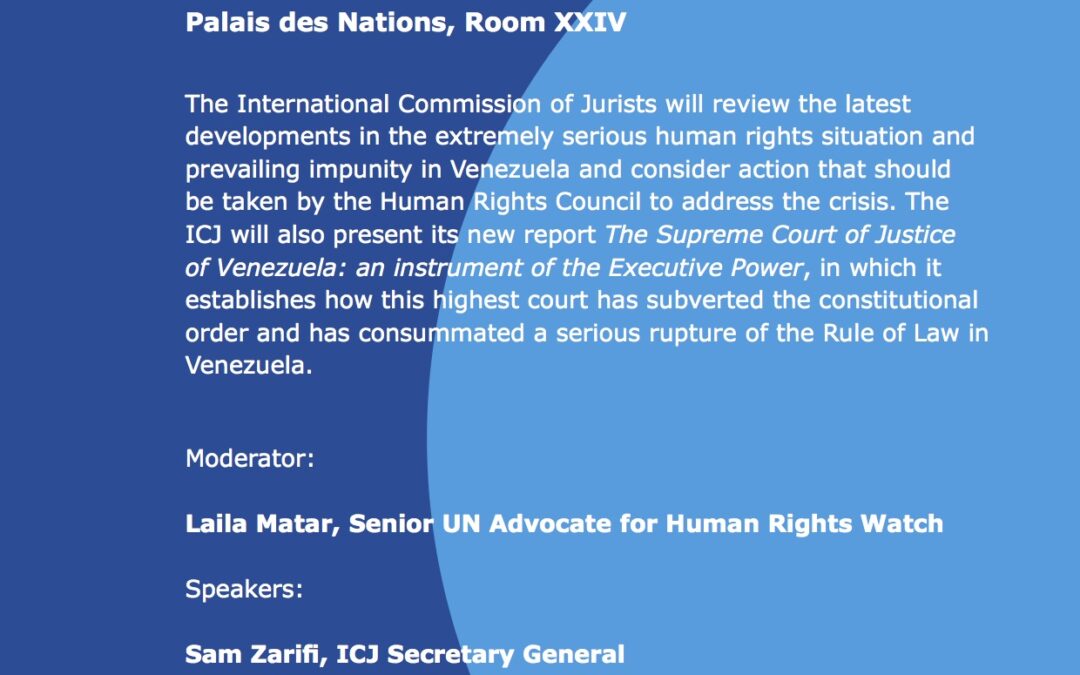
Sep 12, 2017 | Events, Multimedia items, News, Video clips
At a side event to the UN Human Rights Council session, the ICJ reviewed today the latest developments in Venezuela, highlighting the extremely serious human rights situation and prevailing impunity, and discussed action that should be taken by the Human Rights Council to address the crisis.
- Laila Matar, Senior UN Advocate, Human Rights Watch
Speakers:
- Sam Zarifi, ICJ Secretary General
- Carlos Ayala Corao, Venezuelan lawyer, ICJ Commissioner
- Federico Andreu Guzman, ICJ South America Representative
Watch the video:
https://www.facebook.com/ridhglobal/videos/10157079100584616/
For additional recent ICJ reports on Venezuela, click here.
The flyer for this event is available in PDF format by clicking here.
For more information, contact un(a)icj.org
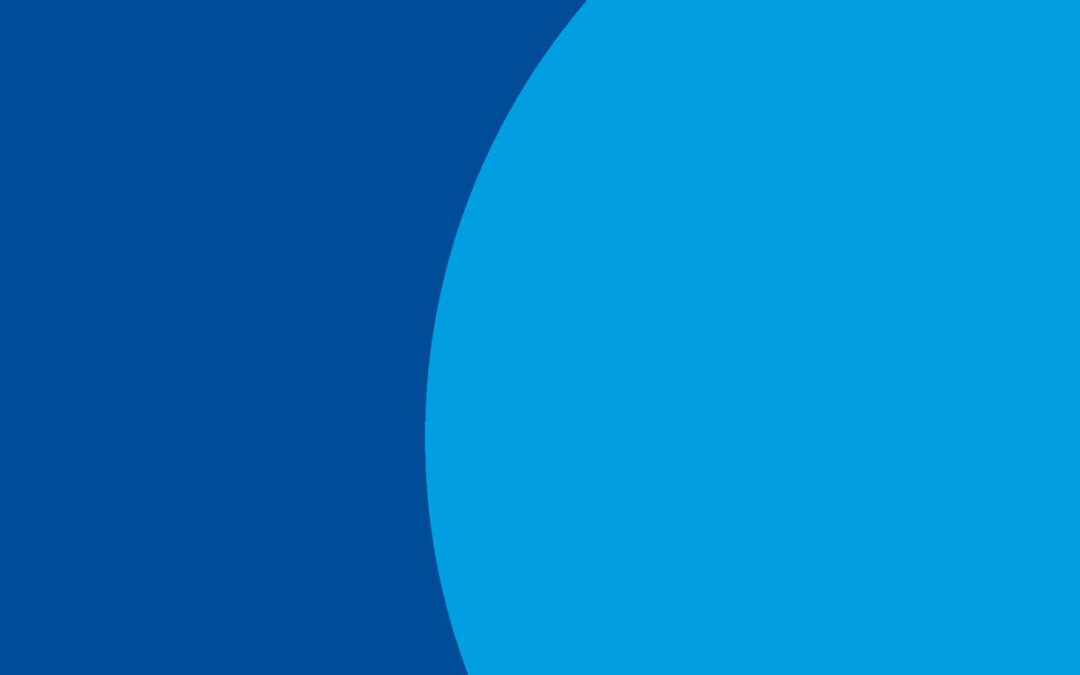
Sep 12, 2017 | Comunicados de prensa, Informes, Noticias, Publicaciones
Hoy la Comisión Internacional de Juristas lanza un nuevo informe sobre la grave ruptura del Estado de Derecho: El Tribunal Supremo de Justicia de Venezuela: un instrumento del Poder Ejecutivo.
A través de diferentes sentencias emitidas desde diciembre de 2015, el máximo órgano de la Judicatura venezolana fue progresivamente desmantelando el Estado de Derecho, socavando los derechos humanos y dejando sin aplicación la Constitución política de ese país.
En sus decisiones Nos. 155 y 156 de marzo de 2017, el Tribunal Supremo de Justicia (TSJ) daría una estocada final al Estado de Derecho, arrogándose las facultades legislativas, despojando a la Asamblea Nacional de sus facultades constitucionales y otorgando amplísimos y arbitrarios poderes al Ejecutivo.
En su Sentencia No. 155 de 27 de marzo de 2017, el TSJ se pronunció sobre un recurso de nulidad presentado por un Diputado oficialista contra un acto de la Asamblea Nacional, que pedía la reactivación del proceso de aplicación de la Carta Democrática Interamericana de la Organización de los Estados Americanos, para una resolución pacífica de la crisis y la reinstauración del orden constitucional en Venezuela.
En su Sentencia No. 156 de 28 de marzo de 2017, el TSJ se pronunció sobre una demanda de interpretación sobre Ley Orgánica de Hidrocarburos, que cercenó las facultades constitucionales de la Asamblea Nacional.
“Estas decisiones constituyen un verdadero Golpe de Estado al orden constitucional y han dado inicio del reino de la arbitrariedad”, declaró Sam Zarifi, Secretario General de la CIJ.
El informe de la CIJ analiza, a la luz de estándares internacionales y de los principios del Estado de Derecho así como de la Constitución venezolana, la jurisprudencia emitida desde diciembre de 2015 por el TSJ en relación con las funciones y facultades constitucionales del Poder Legislativo, el control parlamentario, los estados de excepción y la amnistía.
El TSJ – una institución totalmente cooptada por el Poder Ejecutivo e integrada mayoritariamente por del Partido Socialista Unido de Venezuela (PSUV) y/o ex funcionarios del Gobierno- se convirtió en un apéndice del Gobierno y un instrumento político del régimen para enfrentar la cada vez más creciente oposición política y social.
Invocando arbitrarias interpretaciones de la Constitución, omitiendo el análisis de otras normas constitucionales, otorgando rango supraconstitucional a normas de inferior jerarquía y obviando el debido proceso y el sistema de contradicción judicial, el TSJ fue despojando y vaciando a la Asamblea Nacional de sus funciones constitucionales en materia legislativa, de control parlamentario, de reglamentación y de administración interna, para favorecer políticamente al Gobierno.
“Los fallos no se han proferido con imparcialidad, de conformidad a los hechos y el derecho, como lo prescriben el principio 2 de los Principios básicos relativos a la independencia de la judicatura pero más bien están en flagrante violación de la Constitución venezolana. El TSJ ha proferido sus decisiones basado en consideraciones políticas y lealtades partidistas e ideológicas con el Poder Ejecutivo”, declaró Sam Zarifi.
Asimismo, el informe relaciona las recomendaciones sobre administración de justicia que han venido formulando a Venezuela, desde hace varios años, distintos órganos y procedimientos internacionales de protección de los derechos humanos, tanto en el ámbito de las Naciones Unidas como del Sistema Interamericano.
Ninguna de esas recomendaciones ha sido acatada por las autoridades venezolanas, incluso las órdenes de reparación decretadas por la Corte Interamericana de Derechos Humanos, las cuales son de obligatorio cumplimiento.
“Esa posición de las autoridades venezolana es violatoria de su obligación internacional de cooperar de buena fe con órganos y procedimientos internacionales de protección de los derechos humanos”, declaró Sam Zarifi.
Finalmente, el informe concluye que el TSJ ha socavado el Estado de Derecho, vulnerado el principio de separación de poderes y conculcado las funciones constitucionales y la autonomía del Poder Legislativo.
El TSJ, como consecuencia de sus decisiones basadas en imponer los intereses políticos del Poder Ejecutivo, ha perdido sus atributos esenciales de un genuino Poder Judicial, tales como: independencia, imparcialidad, autonomía, y legitimidad.
“El TSJ ha asumido un rol de dar apariencia de legitimidad jurídica a las acciones políticas arbitrarias emanadas del Poder Ejecutivo, convirtiéndose en un apéndice del Poder Ejecutivo y dejando de ejercer su función constitucional de garante del Estado de Derecho y de los derechos humanos y libertades fundamentales”, declaró Sam Zarifi.
Contactos:
Sam Zarifi: Secretario General de la CIJ; t +41 79 726 44 15 ; e sam.zarifi@icj.org
Federico Andreu-Guzmán: Representante para Suramérica de la CIJ; t + 57 311 481 8094; e federico.andreu@icj.org
Venezuela-Tribunal Supremo-Publications-Reports-Thematic reports-2017-SPA (el informe en PDF)
Venezuela-Actualización-Advocacy-Analysis brief-2017-SPA (mas información en PDF)
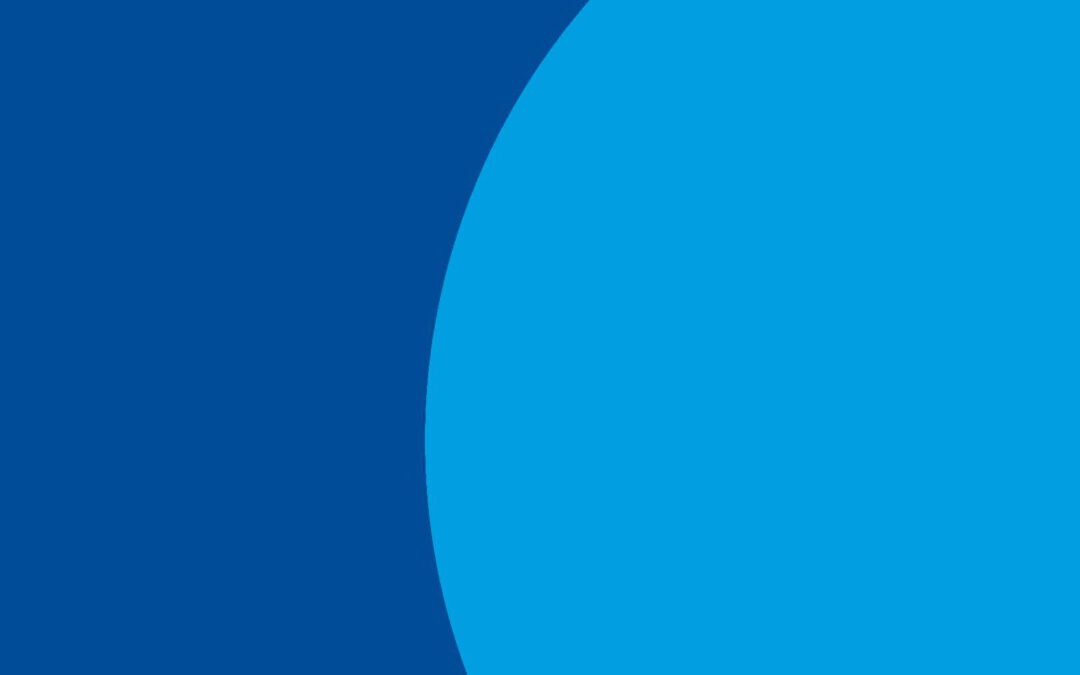
Sep 12, 2017 | News, Publications, Reports, Thematic reports
The Venezuelan Supreme Court has ceased to act as an independent court upholding the rule of law, but has become an arm of an authoritarian executive, the ICJ said in a new report released today.
The ICJ report The Supreme Court of Justice: an instrument of executive power says that through a series of rulings issued since December 2015, the Venezuelan Supreme Court has progressively dismantled the rule of law, undermined human rights and failed to faithfully apply key elements of the country’s Constitution.
In rulings on 27 and 28 March 2017 (Sentencias 155 and 156), the Supreme Court of Justice (SCJ) delivered a blow to the rule of law, effectively claiming legislative powers for itself, depriving the National Assembly of its Constitutional powers and granting sweeping arbitrary powers to the executive, the ICJ notes.
“These decisions amount to a coup d’état against the Constitutional order and have ushered in a new reign of arbitrary rule,” said Sam Zarifi, the ICJ Secretary General.
The report analyses SCJ jurisprudence issued since December 2015 in the light of international law and standards, rule of law principles and the Venezuelan Constitution, and in relation to the Constitutional functions and faculties of the legislative power, parliamentary oversight, states of emergency and the amnesty.
It finds that:
- The SCJ has been decisively co-opted by the Venezuelan executive;
- The Court’s members are mainly from the United Socialist Party of Venezuela (Partido Socialista Unido de Venezuela) and/or ex-Government officials; and
- It has become a political instrument increasingly used against the political and social opposition.
The report also says the Court has interpreted the Constitution in an arbitrary manner, omitting to analyse key Constitutional standards while granting a supra-Constitutional status to standards of lesser rank.
It has abrogated due process and judicial review and so stripped the National Assembly of its Constitutionally mandated functions with regard to legislative matters, parliamentary oversight, regulation and internal administration in order to benefit the government politically, the ICJ adds.
“The rulings have not been issued with impartiality on the basis of facts and in accordance with law, as required under rule of standards,” Zarifi said.
“They are in flagrant violation of the Venezuelan Constitution. The SCJ has issued its decisions based on political considerations and ideological and party loyalties to the executive power,” he added.
The report also outlines key recommendations on the administration of justice which various UN and Inter-American procedures and bodies have made to Venezuela going back a number of years.
None of these recommendations appear to have been taken into account by the Venezuelan authorities. These include reparations ordered by the Inter-American Court of Human Rights, which are binding on Venezuela as a matter of law.
“The Venezuelan authorities are in breach of its international obligation to cooperate in good faith with international human rights bodies and procedures,” Zarifi said.
Finally, the report concludes that the SCJ has undermined the rule of law by violating the principle of the separation of powers and infringing upon the Constitutional functions and autonomy of the legislative power.
As a consequence of its decisions based on the political interests of the executive power, the SCJ has lost the essential attributes of an authentic judicial power, such as independence, impartiality, autonomy and legitimacy.
“The SCJ has assumed the role of giving an appearance of judicial legitimacy to the arbitrary political actions of the executive thus abandoning the exercise of its Constitutional function as the guarantor of the rule of law, human rights and fundamental freedoms,” Zarifi added.
Contact:
Sam Zarifi, ICJ Secretary General, t +41 79 726 44 15 ; e sam.zarifi@icj.org
Federico Andreu-Guzman, ICJ South America Representative, t +57 311 481 8094 ; e federico.andreu@icj.org
Download the report:
Venezuela-Suprem Court-Publications-Reports-Thematic reports-2017-ENG (in PDF)
Further readings:
Venezuela: rule of law and impunity crisis deepens
Venezuela: dismissal of Attorney General a further blow to the rule of law and accountability
Venezuela: Human rights and Rule of Law in deep crisis
Strengthening the Rule of Law in Venezuela









